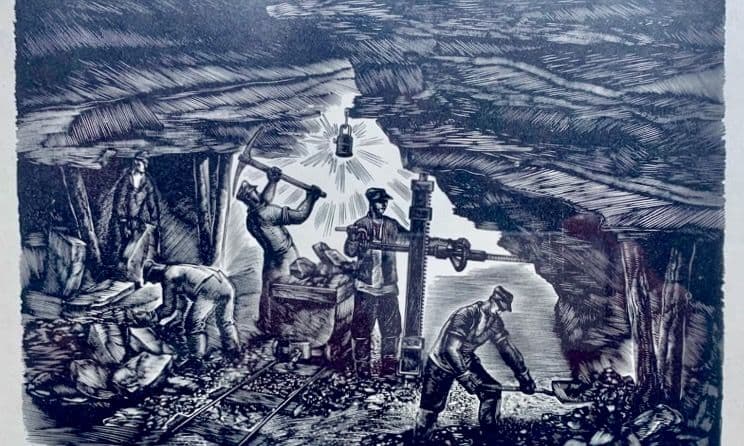
Digging Shadows. The Ecological Memory of Soviet Modernity, in Communist Hauntings. Aesthetics of Disrupted Times. M. Schmukalla & L. Ozolina.
Palgrave 2026
This chapter discusses the ecological memory of Soviet modernity through the case of oil shale mining and uranium processing in Eastern Estonia. It examines extractive afterlives by reversing extraction itself. Deposit is practiced as a counter gesture, placing archival materials from a local school into toxic sites so that humidity, pollutants, and microbial life inscribe them into an archive. These altered objects—stained, swollen, and retextured—function as ethnographic matter that makes infrastructural harm perceptible.
The experimental research, undertaken at the former uranium plant grounds in Sillamäe (21 days, burial) and the blue lagoon at the Auvere power plant (24 hours, immersion), treats matter as an analyst and exemplifies a disobedient epistemology that resists human mastery in favor of collaboration with the territory. The resulting art installation reframes the ecological memory of Soviet modernity as an ongoing afterlife that gives form to the present and influences the future, ecologically, socially, and culturally. The legacies of extractivist activities and Soviet modernization are an impossible inheritance, yet they continue shaping the horizons of expectation in the region.
Keywords: Expanded ethnography; Soviet Modernity; Experimental collaborations; Art & anthropology; Ecological memory.
